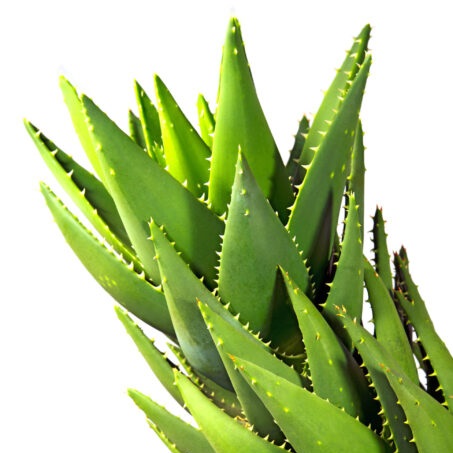
Fake aloe has been all over the news, thanks to a recent investigation by Bloomberg News. Samples tested at an independent laboratory showed that store-brand aloe products from Wal-Mart, CVS, Walgreens and Target did not contain the three primary chemical components — acemannan, malic acid and glucose — found in authentic aloe vera gel.
When confronted with these claims, a Wal-Mart representative told Fortune, “We hold our suppliers to high standards and are committed to providing our customers the quality of products they expect. We contacted our suppliers and they stand behind the authenticity of their products.”
But how can brands prove they are procuring authentic aloe?
3 Tips for Procurement Officers to Secure Authentic Aloe
1. Know your supplier. Auditing may not be enough. Developing deeper relationships with your suppliers is crucial, though difficult, considering you have hundreds of suppliers. But as a procurement officer, the need to know your supplier well is important because you will be subject to audits yourself…either by government authorities, private organizations or the public, who can put severe pressure for you to defend your supply chain.
2. Assume the worst. Audits and paper trails don’t necessarily prevent supply chain cheating or mishandling of ingredients. Mistakes can happen, and they often do. Procurement officers need to be more vigilant than ever. Especially with recent laws such as the Dodd-Frank Act, which can expose your CEO to significant legal risk. It’s imperative that as a procurement officer, you are familiar with the laws and have communicated that knowledge within your company, so that not only supply chain colleagues are up to date but legal and marketing are as well.
3. Use technology. Let’s look at the Egyptian cotton story. What we’ve learned from this scandal is that traditional paper audits are not enough to prove raw material provenance. Along with training and auditing, technology such as DNA Tagging could be a powerful way to prevent fake aloe from entering the supply chain. In a recent Women’s Wear Daily piece, DNA Tagging was regarded by the author as a potent new mechanism for ensuring quality in the supply chain. Tagging with technology such as this not only helps procurement officers have greater control over their raw ingredients, but also provides the consumer with greater confidence that the product they’re getting is the product they paid for.
Ultimately, we believe that being able to secure authentic aloe in the supply chain is not easy because of the vast numbers of global and fragmented suppliers, but it is doable. By knowing your suppliers better, being prepared to assume the worst case scenario, and by using cutting edge technology, supply chain officers can confidently secure authentic aloe and protect their brand’s reputation, keep their CEOs out of legal trouble and most of all — deliver the product the customer paid for.


